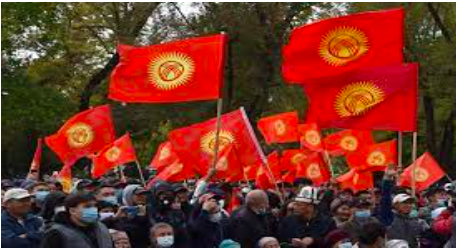“The Country without a Post Office”
Posted on : August 12, 2019Author : AGA Admin

- “I am writing to you from your far-off country.
Far even from us who live here
Where you no longer are.
Everyone carries his address in his pocket
At least his body will reach home.”
- “We shall meet again, in Srinagar,
By the gates of the Villa of Peace,
Our hands blossoming into fists
Until the soldiers return the keys
and disappear. Again we’ll enter our last world, the first that vanished
In our absence from the broken city.”
—-These poignant verses by Aga Shahid Ali—one of the most prominent Kashmiri poets of modern times who after securing his doctorate from USA had been mostly staying abroad, speak of the relations, the bonds that were broken in Kashmir in the flood of times, the pains of uncertainty of life and even death, as also an almost euphemistic optimism of witnessing peace anew, in complete harmony. “The Country without a Post Office” a collection of poems published in 1997, was originally authored as “Kashmir without a Post Office” though eventually its title was revised. The title derives its name from the crumpled days of 1990 when insurgency took over the Valley. The poet recounts how during that period, no mail was delivered in Kashmir for seven long months due to the ongoing political turmoil. The uncertainty and pain of living in a surreal reality has been expressed by Ali and many of his contemporary Kashmiri poets in an almost Kafkaesque manner, depicting grief and despair for a heaven that is lost and together they represent a shift in Kashmiri poetry. Irises, a token of grief and mourning that are traditionally grown in Kashmir’s graveyards, have become the central metaphor in such poetry thus replacing an idyllic image of the Dal Lake as the saga of romance has been replaced by tales of bloodshed. Green, indigo and yellow, which exhibit tranquility, thus no longer, dominate the spectrum of Kashmiri poetry. Instead black, white and red and most importantly tinges of blue find more space in poems from the Valley, blue symbolising eternal hope in goodness and faith in Kashmiriyaat.




